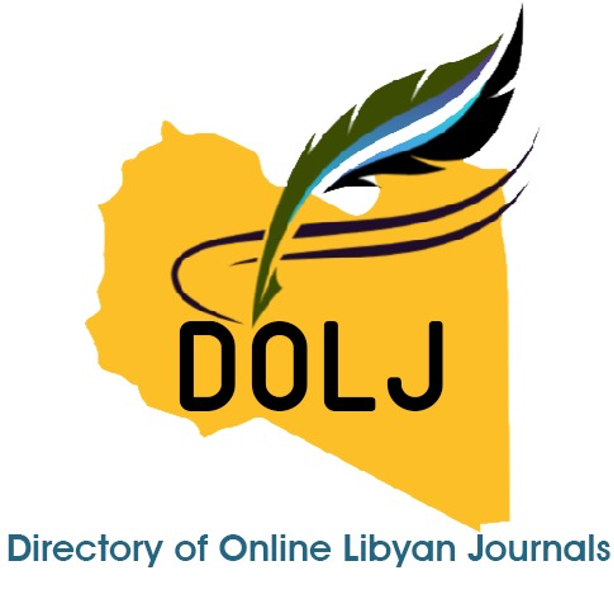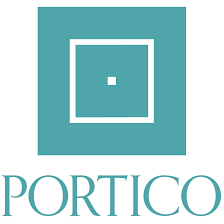- Editorial Policy
- Publication Policy
- Peer Review Policy
- Copyright and Licensing
- Open Accesses Policy
- Publication Fees and Charges
- Plagiarism Policy
- Data Sharing Policy
Plagiarism Policy
Plagiarism Policy
Definition
The journal defines plagiarism as using others' texts, ideas, data, or results without proper attribution, including:
- Direct copying without quotation.
- Paraphrasing without citation.
- Undisclosed self-plagiarism.
- Translating material from another language without citing the source.
Detection Tools
The journal uses reliable plagiarism detection software iThenticate or Turnitin, with a maximum allowable similarity of 20% (excluding references and documented citations). A similarity percentage higher than 20% may be accepted in review papers after evaluating the author's justifications. However, under no circumstances should the similarity percentage exceed 40%.
Actions in Case of Plagiarism
- Before Peer Review: Immediate rejection if plagiarism is confirmed.
- During Peer Review: Review is halted, and the case is referred to the editorial board.
- After Publication: Retraction announcement and notification to the relevant academic or funding institutions.
Penalties
- Rejection of the paper with official notification to the author.
- A minimum two-year ban on publishing with the journal.
- Permanent ban for repeated offenses.











